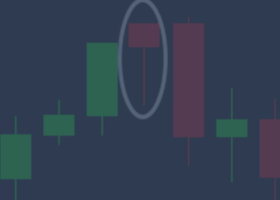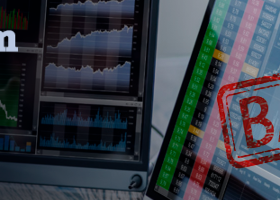The Foreign Exchange Market is commonly referred to as Forex. The United States has a number of different markets that can be traded in, such as the NASDAQ and Dow Jones. Regardless of the market, all transactions go through the New York Stock Exchange (NYSE). This is a similar type of set-up as many other countries, each of which has their own individual markets. International trade is done via Forex, with countries in just about every single time zone participating in that market, with all kinds of different currencies used for trading. With so many different countries and time zones being brought into play, the Forex market operates differently than almost all of the markets we mentioned earlier. Trading takes place around the clock for a period of 5 days each and every week.
The extra trading hours can mean higher risk factors for traders, especially those who are unable to regularly monitor their investments. You could essentially see your net worth drop severely while you sleep, as other countries will still be actively trading throughout the night. To use the car analogy again, this market is like the engine of a car in that it is made up of a number of different moving parts. You cannot see them all, but you know that they are working when the car continues to move.
There are safety options, such as limit order, which you can put in place, and we will touch on those a little later. We would definitely recommend that your first trades take place in a traditional 9 to 5 market as opposed to Forex. While there are still risks in place there, they are definitely not as high as in the Foreign Exchange Market.
Forex Functionality
The way in which the Forex market works is similar to that of the domestic stock exchange, although it is a good deal more volatile. There are many more factors that need to be taken into account before you start to trade. You will be required to pay attention to the value of the stocks and currency that you own, but will also need to be aware of the major fluctuations that currencies can deliver. The values of good and services, and therefore international currencies, can take dramatic shifts that may not necessarily be seen in the domestic market.



